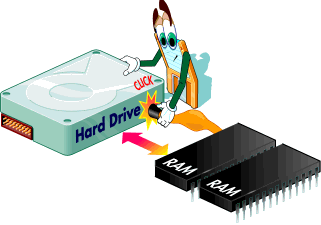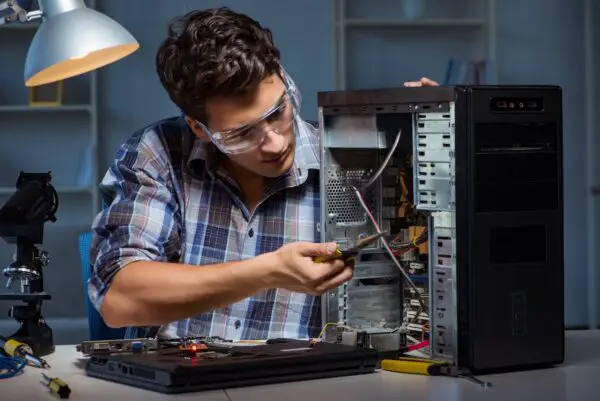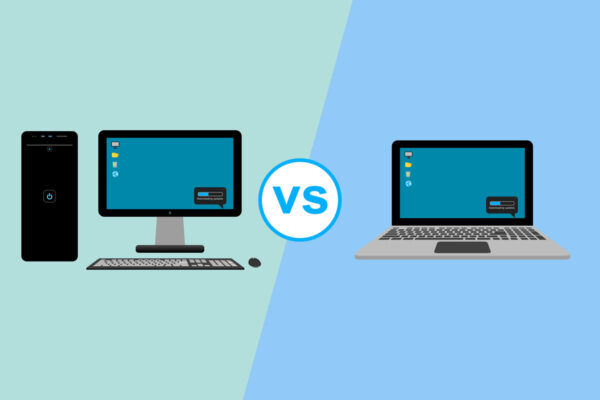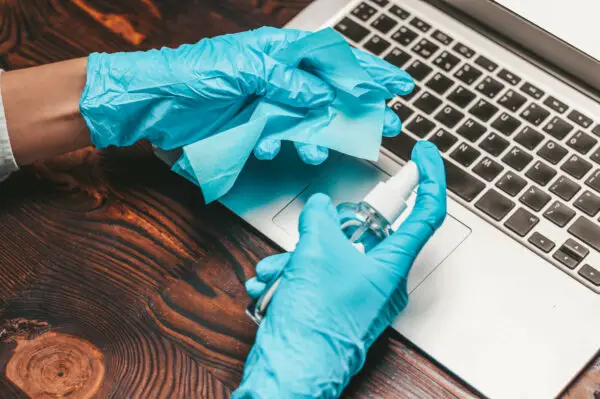Physical vs. Virtual Memory
Q: My computer keeps telling me it is low on virtual memory. What does this mean and what can I do about it?
 Virtual memory is, in basic terms, a trick your computer uses to make it think it has more memory than it really does. It does this by using storage devices such as your hard drive as temporary memory. This is in contrast to physical memory which is “real” memory that comes pre-installed on your computer.
Virtual memory is, in basic terms, a trick your computer uses to make it think it has more memory than it really does. It does this by using storage devices such as your hard drive as temporary memory. This is in contrast to physical memory which is “real” memory that comes pre-installed on your computer.
To illustrate this a little better, imagine you have a computer with 256 MB of memory, which is underpowered for today’s applications. When you open too many software applications at the same time, your computer will eventually use up all of its 256 MB of memory. At this point, your computer will start “swapping” the physical memory to virtual memory by copying the contents of memory to your hard drive. It will do this for applications that are sitting idle, ie., the ones you are not currently using at the moment.
The second you switch over to an application that is in virtual memory, your computer has to quickly copy the memory back off the hard drive and back in to physical memory. When this copying to and from virtual memory occurs, you will hear your hard drive making a lot of noise which is a good indicator that you are using virtual memory.
This process of swapping in and out of virtual memory is very slow and should be avoided whenever possible by adding more physical memory to your computer.
In your particular situation, you have the worst of both worlds. Not only is your computer swapping out to virtual memory but it is using up all the computer’s allocation of virtual memory as well. Thus the error message telling you that your computer is low on virtual memory.
You might be able to clear up this situation periodically by making sure you reboot your computer on a regular basis. Leaving your computer on for extended periods of time generally leads to memory problems. You can also extend the size of your virtual memory allocation but I’m not going to recommend that as it is only prolonging the true cause of the problem.
Your best bet is to purchase more physical memory for your computer. I’ve touched on this topic previously so I won’t go into a lot of detail but I will remind you to compare the cost of a memory upgrade to the cost of a new computer with more memory pre-installed.
This post was originally broadcast Friday, February 9, 2007 on “Tech Talk with Noobie”, a weekly radio show on WCBK 102.3 FM in Martinsville, Indiana. Tech Talk with Noobie airs every Friday at 11:30 a.m. If you have a question you would like Noobie to answer on the air, simply e-mail your question to [email protected].







